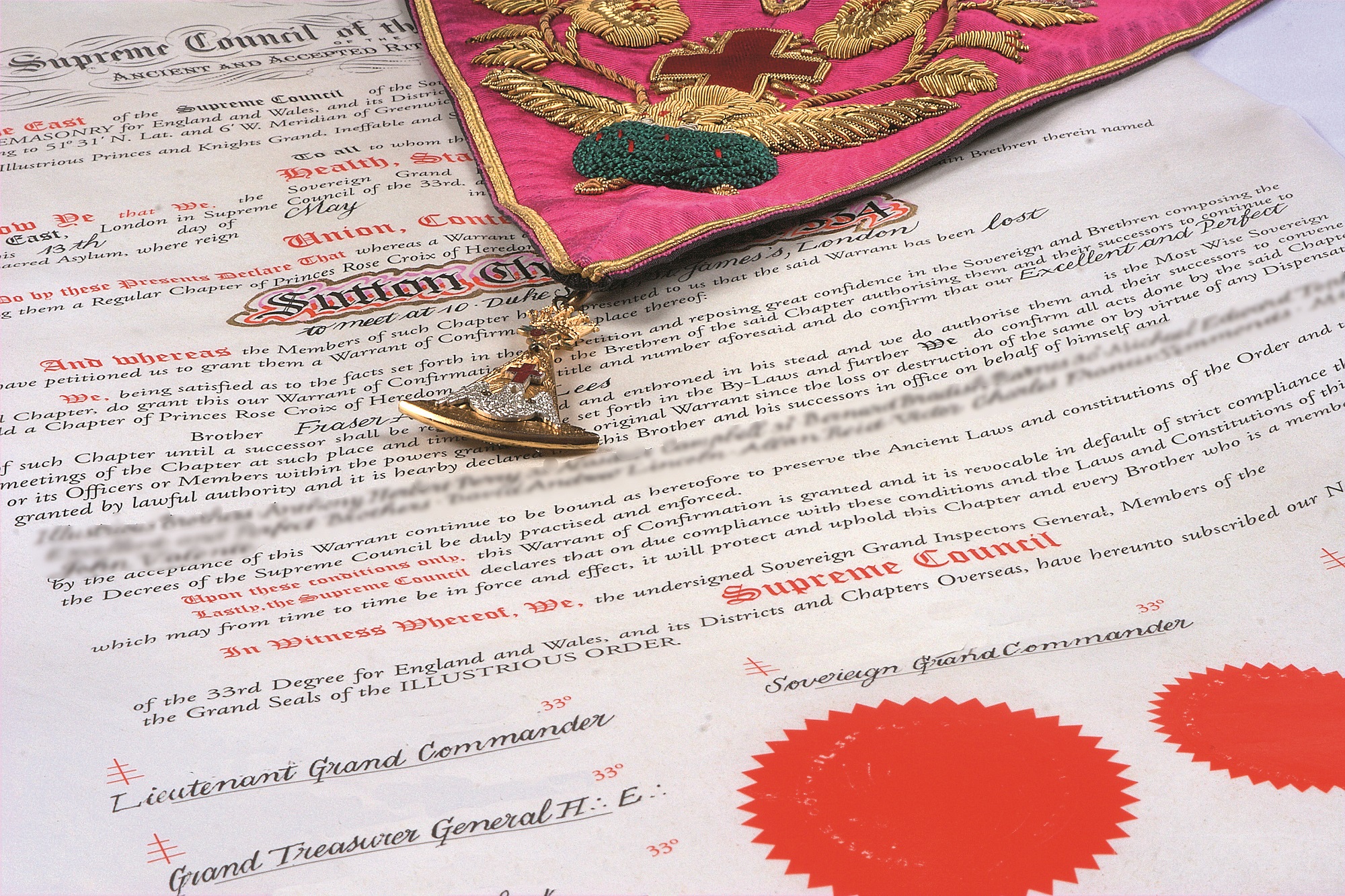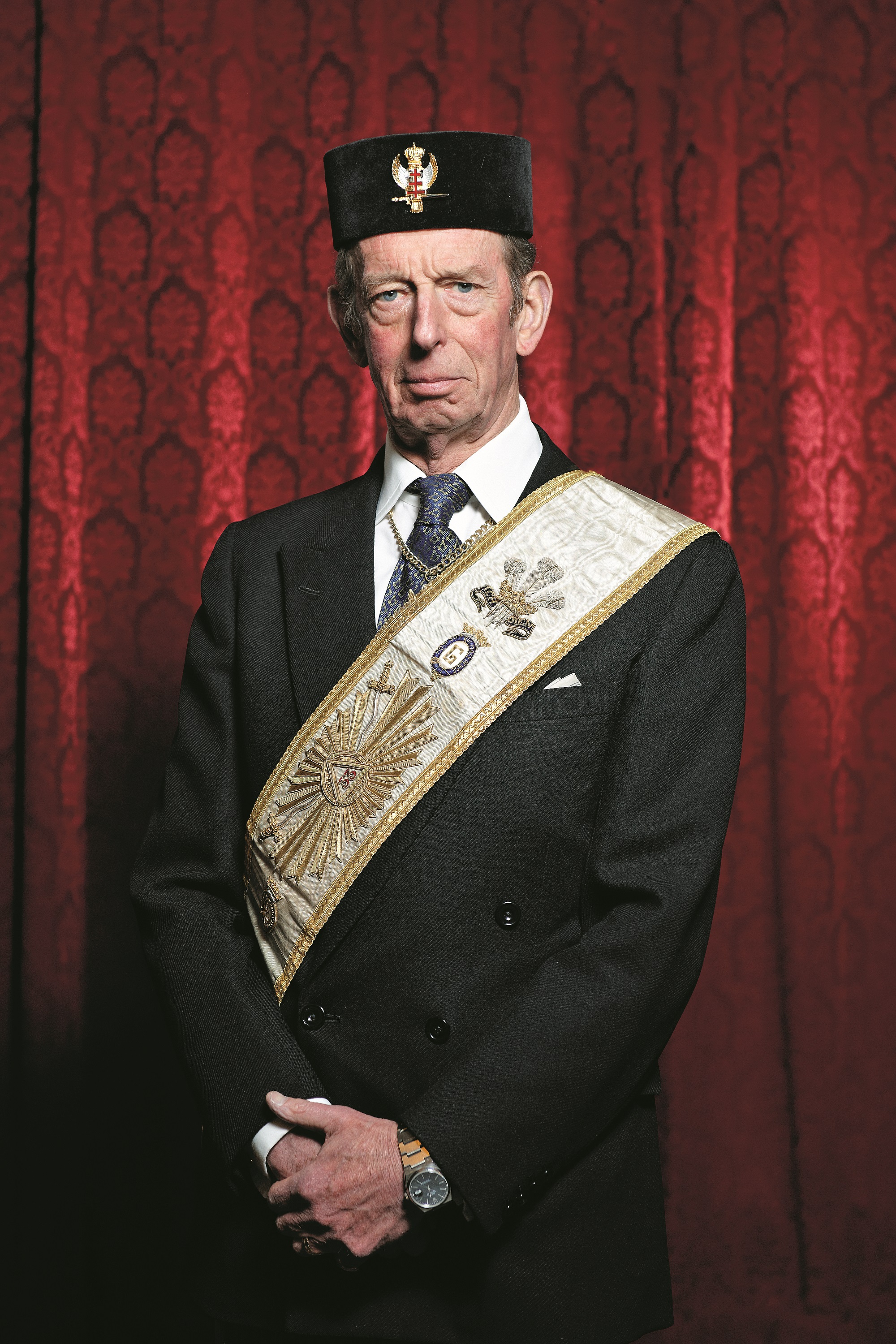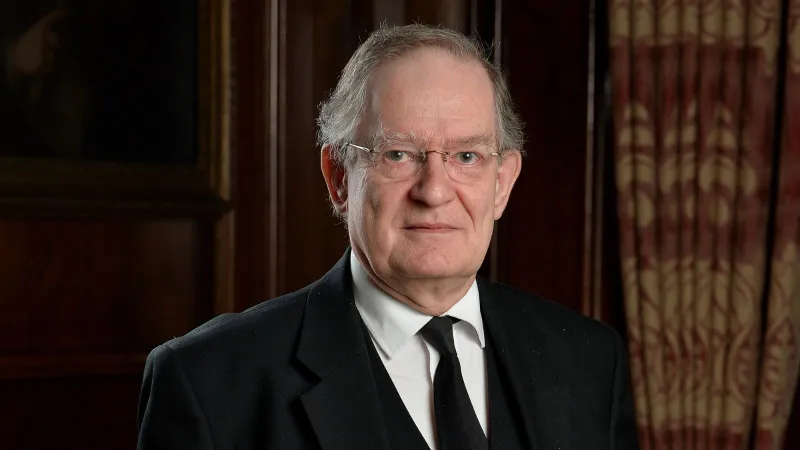
Rose Croix is among Freemasonry’s most treasured jewels, loved for its unique traditions, vibrant rituals, and easy companionship. Offering a blend of depth and beauty rarely rivalled, it regularly tops the charts of members’ favourite Orders.
Affectionately nicknamed Rose Croix in Britain (after its 18°), it is formally known as the Ancient and Accepted Rite, and elsewhere as the Scottish Rite. With more than half a million members worldwide, it is the largest Order in Freemasonry after the Craft.
The Order arrived in London in 1845 and its uniquely colourful system of 33 degrees immediately won fans. Today, it is headquartered in the ‘Grand East’ at 10 Duke Street St James’s, London, where the Supreme Council 33° looks after its activities in England, Wales, and its many Districts and Chapters overseas.
As Freemasons, we savour traditions stretching back beyond memory. We also occasionally and thoughtfully add a bit of polish or replace a tired cog to keep it all running. In this vein, last year the Supreme Council made a change to the Order that was simple yet seismically significant.
The bedrock of Craft Freemasonry that draws us all in is, of course, its universality. Around the world, the Ancient and Accepted Rite has always been similarly open, except in a few jurisdictions where membership is restricted to Trinitarian Christians. (It therefore differs from Knights Templar or the Red Cross of Constantine, which are Christian everywhere.)
Until last year, England and Wales was one of these restricted jurisdictions. The reason has nothing to do with the religious beliefs of its first Brethren here, but simply that in mid-1800s Britain, a time when religious conformity was thought important, many activities were restricted to Christians, including going to university and entering public life. Furthermore, in England (unlike elsewhere), the Rose Croix ritual had originally been conducted in Templar Encampments, where membership was already restricted to Christians.
For decades, there have been discussions within the Order around the Christianity requirement. Nothing happens quickly in Freemasonry, but in February 2023, all nine Members of the Supreme Council – after many years of consulting both members and non-members – unanimously voted to open the Order to all who have been Master Masons for six months, regardless of faith.
In Freemasonry, even small changes can be big, but the move was warmly welcomed by members keen to bring their friends from all backgrounds into this special Order. One longstanding member in particular, HRH The Duke of Kent 33°, wrote to all members to express his approval and sureness that the change reflected the best principles of hospitality and fairness. (Interesting Masonic trivia: Rose Croix is the only Masonic order to which The Duke belongs outside the Craft and Royal Arch.)

From a historical perspective, the decision to open up makes a lot of sense, as the Order has never been about Christianity. Its 33 degrees are based on the old High or Scots Degrees, which focus on building and chivalry rather than scripture. There is just one exception – the 18° – which many consider to be among the most profound and poignant ceremonies that Freemasonry offers. It uses imagery and symbolism from the New Testament, but in the same non-dogmatic way the Craft and Royal Arch draw on the Old Testament.
For instance, the regalia and furnishings of the 18° feature Latin crosses (not crucifixes), and the ritual alludes to aspects of the life of Jesus, while its message points to Faith, Hope, and Charity as principles to deepen understanding of Brotherly Love, Relief, and Truth. The 18° has always been a rich well of symbolism for those of all faiths, and, as with every other ritual in Freemasonry, it is a secular ceremony, not a religious rite. As such, it has resonance for all.
From a Masonic historian’s perspective, I strongly welcome this change. As Freemasons, we love tradition, but we also cherish openness, tolerance, and inclusivity. I see no reason for Rose Croix in the 21st century to have a restriction on membership that puts it at odds with the rest of the Rite across the world. Its first promoters in Britain had their reasons, but they were social, not Masonic, and there is no good justification for their survival.
The change also rights an insoluble contradiction, in that non-Christians have attended Rose Croix meetings in England and Wales for centuries, as all members of the Ancient and Accepted Rite from recognised foreign jurisdictions have always, whatever their faith, been welcome at meetings of all degrees of the Order.
I approached the Sovereign Grand Commander of the Order for comment, and he was keen to stress that ‘more inclusive membership is both the right thing to do and is in the best interests of the Order’. As a bystander, watching with keen interest from the historic sidelines, this Freemason’s response is a firm ‘So mote it be’.


